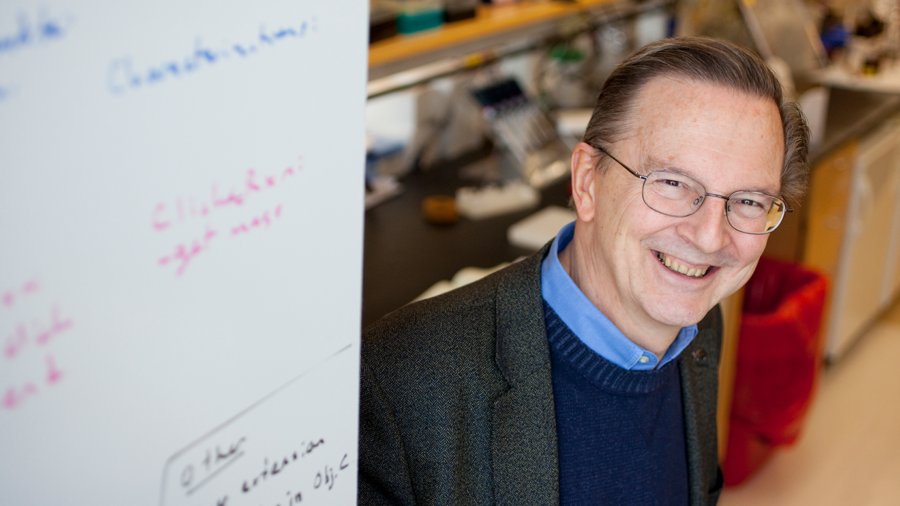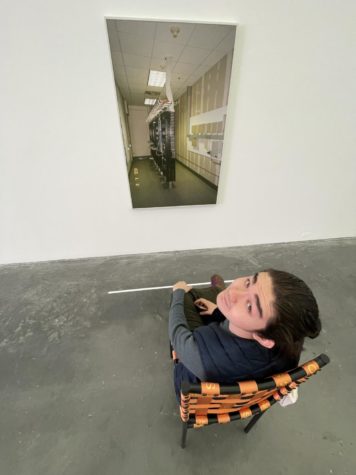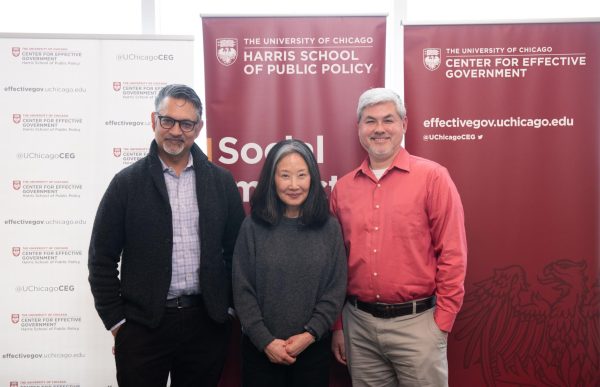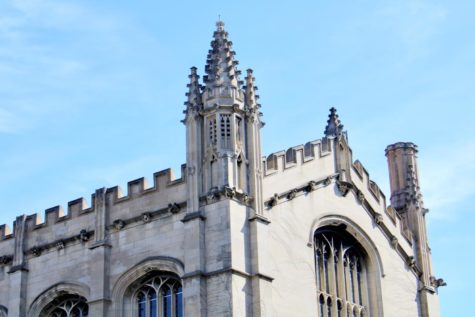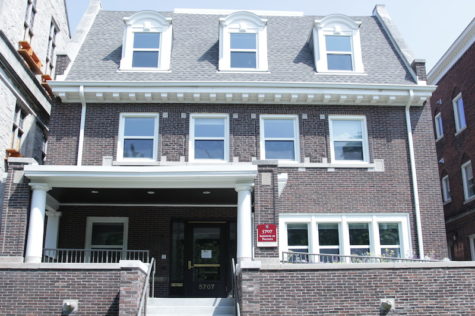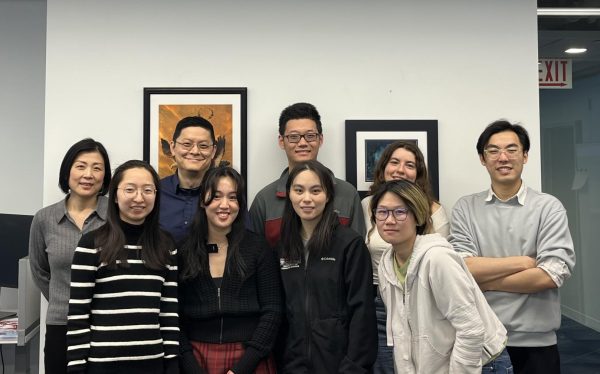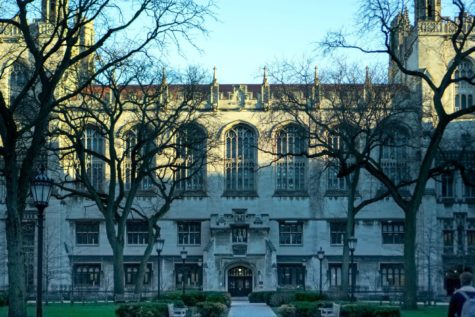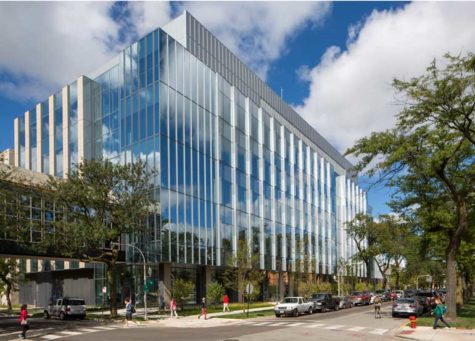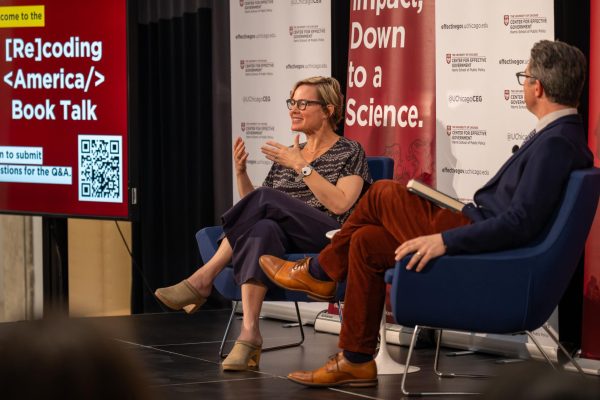Nobel-Winning Biochemist Jack Szostak Joins UChicago Faculty
The renowned scientist was appointed as University Professor in the Department of Chemistry.
September 29, 2022
Nobel Laureate Jack Szostak joined the University of Chicago Department of Chemistry in September 2022. As University Professor, Szostak will lead the University’s new interdisciplinary Origins of Life Initiative, which aims to understand the earliest forms and cycles of life on Earth and elsewhere.
In 2009, Szostak was awarded the Nobel Prize for Physiology or Medicine alongside Elizabeth Blackburn and Carol Greider for his research on the function of telomeres, the protective caps at the ends of chromosomes. In 1982, after Blackburn had discovered that telomeres hold specific DNA, Blackburn and Szostak collaboratively proved that the telomeres’ DNA prevents chromosomes from breaking down prematurely.
Before moving to UChicago, Szostak simultaneously held appointments at Harvard Medical School’s department of genetics, Harvard University’s department of chemistry and chemical biology, Massachusetts General Hospital’s department of molecular biology, and the Howard Hughes Medical Institute in Maryland.
Szostak cited his shift in research focus toward chemistry as one factor in deciding to move to the University of Chicago: “One of the key issues is that over the last 10 or 20 years, my work has become more and more deeply chemical—so I wanted my lab to be actually in a chemistry department for a while, so I think that’ll be a much better environment for my students and all the people in my lab.”
In furthering his research into the origins of life, Szostak has worked closely with simple organic compounds in a chemical environment, in contrast to his previous extensive work with yeast cultures or his early graduate studies focusing on plant physiology. Biology alone has not encompassed his research interests in recent years.
While Szostak does not yet know his teaching plans in detail, he knew there was at least one topic he wanted to teach a course on: “Definitely there will be a class on origins [of life],” he said. “We’re just at the beginnings of trying to figure out how we’ll organize that.”
Coming to UChicago, Szostak sees himself as part of the University’s long tradition of research on the origins of life, dating back to 1952, when Stanley Miller and Harold Urey simulated Earth’s early, prebiotic conditions in their groundbreaking Miller-Urey experiment.
In this experiment, Miller and Urey recorded that several amino acids—the building blocks of all proteins, and by extension all life—were synthesized from just water, ammonia, hydrogen, and methane in a sealed, abiotic environment. The UChicago chemists thus showed that organic compounds could be synthesized from inorganic sources, which may help explain the genesis of life on Earth billions of years ago.
While the ideas and methodology behind origin-of-life experiments have been refined and re-run many times since, it is the Miller-Urey experiment that can be directly linked to Szostak’s planned research at UChicago. As the first leader of UChicago’s new Origins of Life Initiative, Szostak will be continuing the chemical search for the origins of life by synthesizing and experimenting with simple artificial cells, an evolved continuation of his previous work with ribozymes (RNA enzymes).
Szostak was born in London in 1952, and grew up in Canada. His parents encouraged his early interest in science: his father was an aeronautical engineer, and his mother would bring home supplies that a young Szostak could experiment with in his own basement laboratory.
Szostak graduated from high school in Montreal at the age of 15, and earned a graduate degree in cell biology from McGill University at just 19 years old. That same year, he started his graduate studies at Cornell University, where he initially continued his research in plant physiology before transitioning to Ray Wu’s lab in the department of biochemistry.
Szostak has mentored many other prominent scientists through his work and in his lab, including Jennifer Doudna, who won the 2020 Nobel Prize in Chemistry for her work on CRISPR and genome editing. He is a member of both the National Academy of Sciences and the American Academy of Arts and Sciences and a fellow of the Royal Society.
Szostak expressed his excitement to move to the city of Chicago. “It’s a lot bigger than Boston, so it has a lot more to offer in terms of the arts and music and architecture and things like that,” he said. “I’m really looking forward to living there.”



